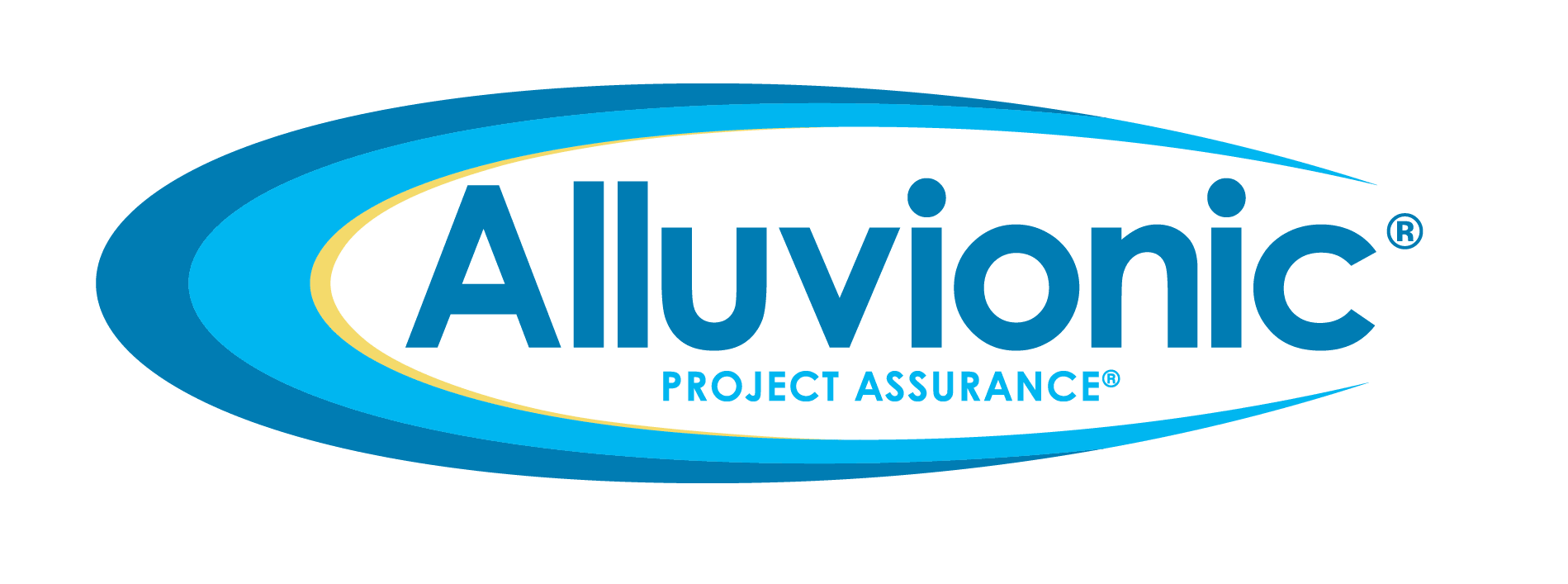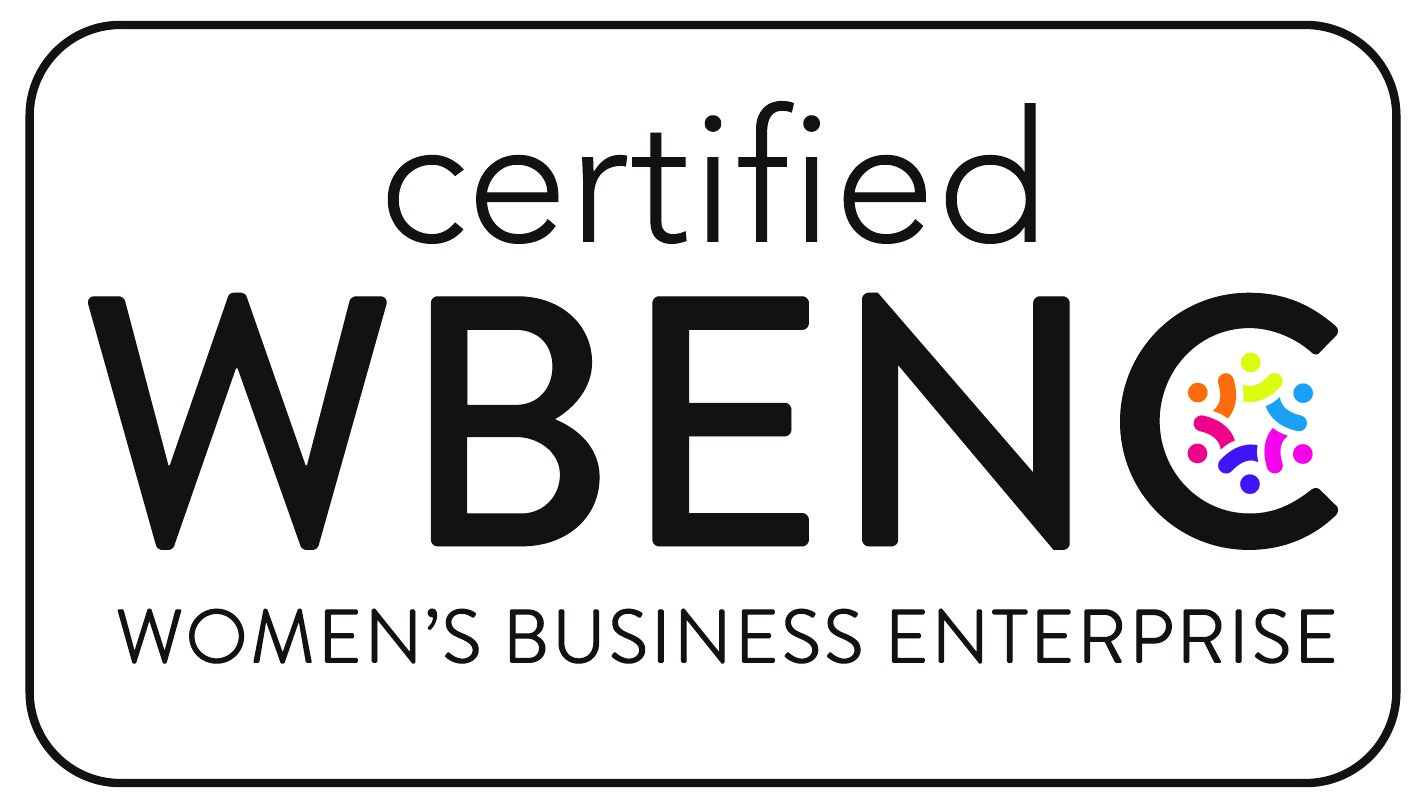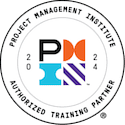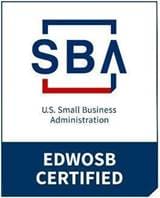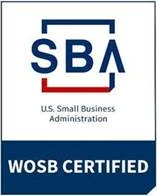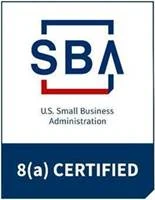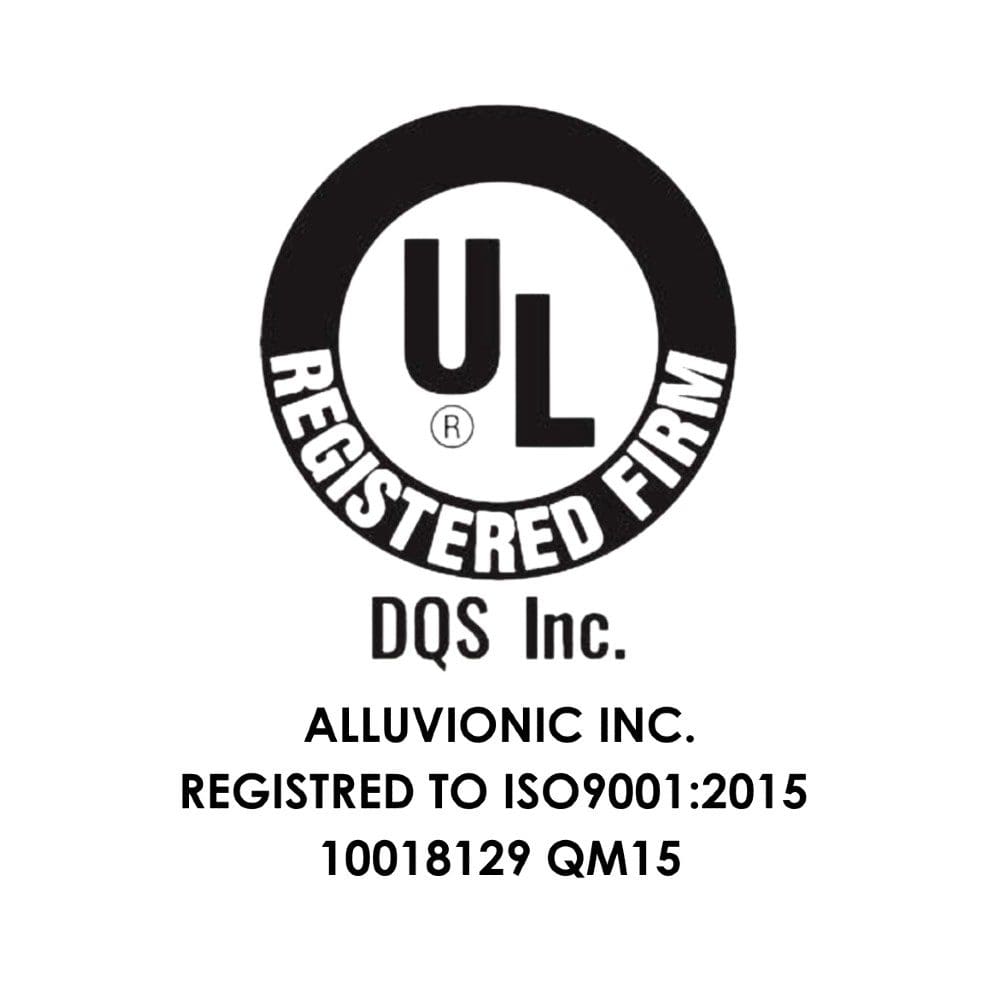Empower long-term success with this powerful method.
In today’s fast-paced digital world, software-based solutions are touted as magical fixes for even the most complex business challenges, leading to impulsive purchases. But, the truth is – software alone is not a universal remedy and certainly not a one-size-fits-all solution.
However, there is good news: there’s a method to help! Below, we explore the concept of a Tool Trade Study—a powerful approach that goes beyond business software. It enables you to define what’s truly important, make the right selections, and integrate processes and tools tailored to your needs for your business’s success.
The Limitations of Software-Centric Approaches
Feeling discouraged? Don’t worry. The allure of a software-centric approach is a common pitfall. While business software can be valuable, relying solely on these platforms can lead to various challenges:
- Compatibility Issues: Software may not integrate seamlessly with existing systems, creating bottlenecks and inefficiencies.
- Workflow Integration: Effective workflows require well-defined processes and toolsets, not just software.
- User Adoption: Employees may resist new software if it disrupts established workflows or lacks user-friendly interfaces.
To overcome these challenges, a more comprehensive approach is necessary.
Start at the Basics: Defining What’s Important
Before evaluating solutions, defining your organization’s specific needs and objectives is crucial. Conducting a SWOT Analysis, setting clear goals, understanding your audience, evaluating resources, and considering industry trends are fundamental steps. Consulting stakeholders, including employees, customers, and suppliers, helps prioritize objectives and set clear expectations before moving on to the next crucial step.
The Tool Trade Study
Introducing the Tool Trade Study—a systematic process that considers software, processes, and tools as a cohesive whole. Its benefits are vast, empowering you to make decisions that drive long-term success by aligning software, processes, and tools with your specific needs. Unlike a software-centric approach, a Tool Trade Study helps you:
- Make Informed Decisions: Evaluate all components of your workflow to make decisions aligned with your goals.
- Cost Savings: Avoid costly investments in software that doesn’t meet your needs.
- Workflow Optimization: Identify opportunities to streamline processes and maximize efficiency.
- Enhanced User Adoption: Implement solutions that resonate with your team, increasing user adoption rates.
- Long-Term Success: Set the stage for sustained success by choosing the right combination of software, processes, and tools.
Real-life success stories illustrate the transformative impact of this approach.
“The Alluvionic team impressed us with their ability to learn our business in an extremely short period of time. They embraced our culture by asking thoughtful questions and delving into our unique project management needs. Upon completion of the needs assessment, Alluvionic worked with our leadership team to research and identify a PMO solution that thoroughly addresses our concerns,” said Gordon Ryerson, Co-Founder & Managing Director, Crosstree Capital Partners. “They added additional value by recommending project tools (e.g., project charter) that were not previously on our radar. Due to this highly collaborative effort, we ended up choosing to partner not only with our new PMO software provider but retained Alluvionic to provide ongoing guidance and assistance with change management throughout the organization.”
The Tool Trade Study Process
The Tool Trade Study process typically involves several key steps designed to exceed your business’s needs:
- Needs Assessment: Identify and prioritize your organization’s needs and objectives.
- Market Research: Explore available software options and their capabilities.
- Solution Evaluation: Assess software solutions against your defined requirements.
- Recommendations: Receive expert guidance on the best-fit solution.
- Implementation Planning: Develop a roadmap for successful implementation.
Following these steps enables organizations to navigate the complex world of software solutions with precision and confidence
How Alluvionic Can Help
At Alluvionic, we specialize in conducting Tool Trade Studies. Our team of experts will guide you through every step of the process, ensuring you select the right combination of software, processes, and tools to achieve your goals. You don’t have to navigate the world of business software alone; we are here to assist you.
Ready to embark on your Tool Trade Study journey? Contact us today to learn more about how we can assist you in making the right choices for your organization’s success.
